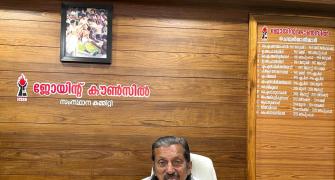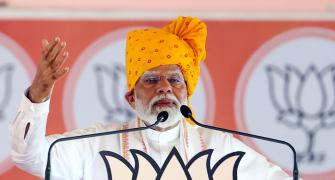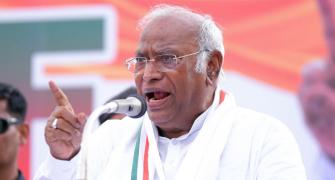The Department of Telecommunications (DoT) has prepared an internal note that suggests reversing spectrum allocation norms by giving new applicants for telecom licences preference in spectrum due to be released by the defence forces early next year.
Current allocation norms give priority to incumbents awaiting additional spectrum, followed by licence-holders who are awaiting spectrum to launch services, and applicants for dual-use technology (that is for GSM and CDMA services). New licence applicants come last on this list.
Spectrum refers to the radio frequencies that enable mobile communication. Its allocation has become a source of controversy in recent months owing to a shortage that has seen several operators waiting for spectrum since December 2006.
The DoT note proposes that three new operators should be allocated 4.4 Mhz each of the 20 Mhz of spectrum that will be freed up by the defence services. The remaining could then be given to incumbents based on the payment of a pro rata licence fee.
The note is also of the view that sharing spectrum with other operators should also be permitted to improve utilisation of spectrum.
The suggestion, if accepted, could open the door for over 26 new players who have recently applied for licences to launch mobile services. The note said new operators should be given preference in the interests of expanding the country's mobile base.
Indian operators have a much higher population base per operator than the global average, the note said.
Even considering a 50 per cent penetration level for developing countries and 70 per cent in developed countries, India has the highest population per operator at 85.7 million compared to 7.7 million in the US, 8.4 million in the UK, 3.16 million in Malaysia and 13.4 million in Pakistan.
Also the number of subscribers per operator in India at 23.6 million is much higher than countries like Malaysia (6.5 million), the UK (5.9 million) and the US (3 million).
Based on these figures, the note said there is an urgent need to allow more operators to offer services.
It also argues that even if revenues per subscriber were to drop to Rs 200 a month (from Rs 325), the industry would still be able to make net margins of 25 to 30 per cent (from 34 to 40 per cent).
The note has also pointed out that several incumbents have been allocated spectrum far in excess of the 4.4 Mhz that was originally committed in their licence agreements with the government. This has caused the government major losses, the note added.








